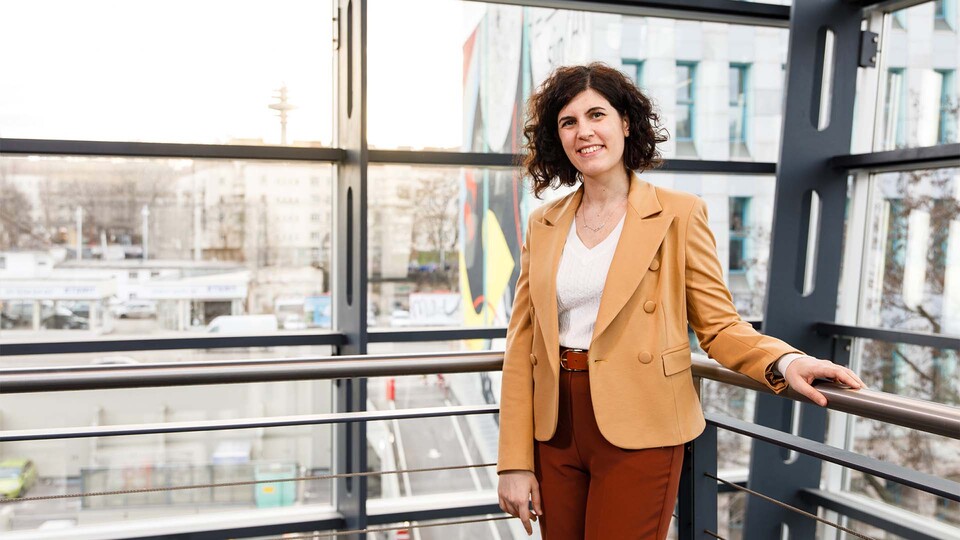
DNA is often thought of as a static archive of genetic information. But genomes are constantly subjected to alterations in their structure and content. Much of this plasticity can be attributed to transposons, pieces of DNA that autonomously ‘jump’ between and within genomes. By driving variation and interspecies transfer of genetic data, transposons shape the biology and the evolution of organisms. But how do transposons move? How do they interact with their hosts? How can we leverage them to artificially modify genomes?
To understand the mechanisms, functions and applications of transposons, the Querques lab analyses the macromolecular organization and the mechanisms underlying DNA mobilization using cryo-electron microscopy and X-ray crystallography together with biochemical and biophysical methods. Irma and her team investigate the interplay between transposons and host machineries, including CRISPR-Cas systems, and their biotechnological potential using cell-based functional assays, protein design and genome engineering experiments.
The project BROADCAST will not only make key contributions to the molecular understanding and harnessing of transposons, but holds the long-term potential to develop genome engineering tools for research and medicine.
About Irma Querques
Irma Querques studied biotechnology at the University of Bologna (Italy) and received her PhD in 2018 from the European Molecular Biology Laboratory in Heidelberg, where she worked on the biochemical and structural characterization of eukaryotic transposons with Prof. Orsolya Barabas. She completed her post-doctoral training in the laboratory of Prof. Martin Jinek at the University of Zurich as a recipient of the FEBS, EMBO and Branco Weiss fellowships to study bacterial CRISPR-associated transposons. In May 2023, Irma established her research group at the Max Perutz Labs.